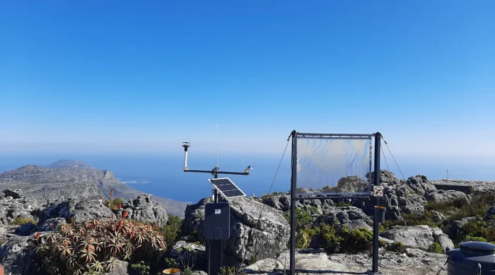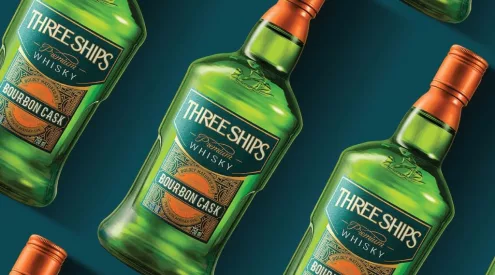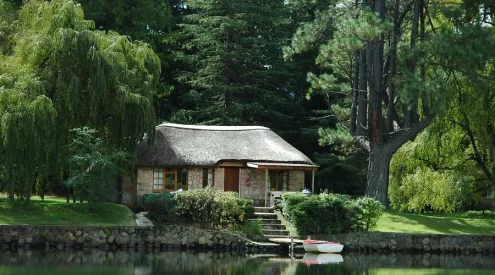Camps Bay and Green Point residents are up in arms over the City of Cape Town’s denial of the dangers of pumping raw sewage into the ocean through its marine outflows. At a “Bays of Sewage” meeting last week, experts, environmental activists and concerned community members gathered at Camps Bay High School to address the matter of the City’s sewage management.

This comes after the Department of Forestry, Fisheries and the Environment (DFFE) granted the City a 5-year permit to pump sewage into the ocean via marine outflows at Green Point, Camps Bay and Hout Bay, after establishing that all three outfalls operated within the limits of marine environmental standards with no associated evidence of harmful marine impacts.
Large parts of the scientific community, as well as regular beach users, have contested this and actively appealed against the department’s decision to grant these permits.
“I’m not a scientist or an engineer, but you don’t have to be either to understand that dumping up to 55 million litres per day of raw sewage into the ocean is not a long term sustainable solution and there are some very real problems already starting to make themselves felt, said local marine conservation photographer, Jean Treston, who presented shocking images of the extent of the sewage currently being pumped into the oceans. “At the very least we need to treat the sewage to an acceptable level before it goes into the ocean.”
Both the City and department have refuted claims that the effluent discharged was “raw sewage”.
However, Tresfon and other speakers argued that preliminary “treatment” was just screening of solids, leaving the rest of the sewage pumped into the ocean untreated in any way.
“The City and DFFE’s constant denial of this fact is representative of their constant attempts to mislead the public. It’s obviously raw,” Treston added.
Meanwhile, Alex Landsdowne, chairperson of the City’s mayoral advisory committee on water quality and wetlands, said that the largest capital investments of this political term will be in water and sewage. “That shows where our priorities are: improving water quality and making sure the taps don’t run dry,” he emphasised.
Caroline Marx, director of Rethink The Stink, a non-profit focused on advocacy and activism around the dangers of sewage pollution, pointed out that sewage pollution was widespread in Cape Town rivers and affected all four of its recreational vleis, with some beaches also zoned red or unsafe for swimming.
“Recognising the need, Mayor Geordin Hill-Lewis has made inland water quality and sanitation a Mayoral Priority with greatly increased targets and budget and very real progress,” said Marx. “In March 2022 the City gave the assurance that they were reassessing marine outfalls, unfortunately this assessment will only be available in the second half of 2023.”
“What has become very clear is that we cannot rely only on politicians, officials or even government enforcement agencies to protect our environment, in the Milnerton Lagoon case they have all failed, it needs informed active citizens to question and hold them to account.”
Also read: Agitated hippos attack stranded lion in the middle of Crocodile River
Follow us on social media for more travel news, inspiration, and guides. You can also tag us to be featured.
TikTok | Instagram | Facebook | Twitter















